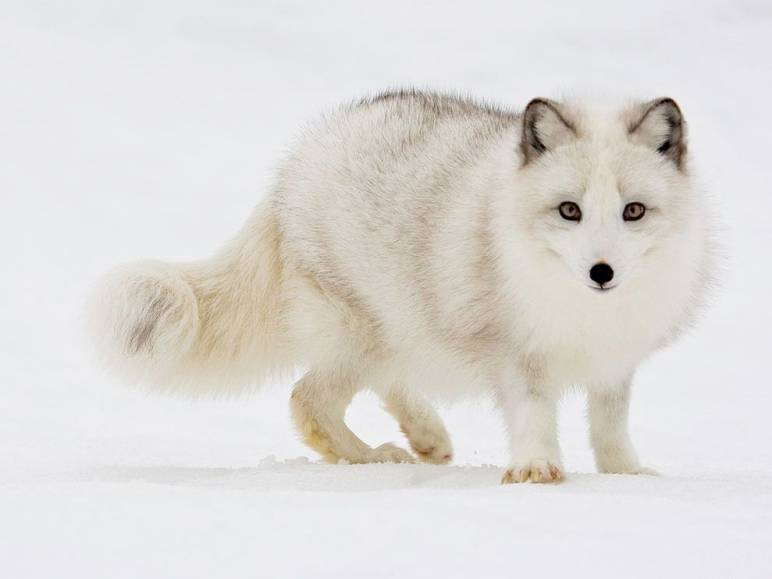Going Green
The Bigger Picture
Everything we do, and every decision we make as individuals, affects the world around us, and impacts upon every living thing on this planet.
The flights we take, the cars we drive, the clothes we wear, the energy and water we use, the food we eat, the products we buy, and the waste we create, all carry an enormous carbon footprint, that resonates far and wide, and with very little effort, each of us is capable of drastically reducing that carbon footprint, and in doing so, we can collectively improve the environment for all.
Ultimately, each of us must take personal responsibility for our choices and operate in a more eco-friendly way.
Weather affects all life on earth. Floods, tsunamis, hurricanes, and melting icecaps are now having a catastrophic impact worldwide and most experts predict that this is just the beginning.
Gradually, governments, businesses and individuals around the world are beginning to adapt to, or consider, a cleaner, greener way of living.
SIMPLE TIPS FOR GOING GREEN
1. Switch to a lower emission or hybrid car
2. Regularly maintain vehicles; cleaner cars create less air pollution.
3. Adhere to speed limits to conserve fuel when driving and slow down at night to avoid killing wildlife and domestic pets.
4. Car share, cycle or walk whenever possible. Make lists, so one journey does all.
5. Grow your own food. Take on an allotment, start a veggie patch, grow an herb garden or grow food in containers, pots and window boxes.
6. Start a compost heap for garden, vegetable and green kitchen waste.
7. Use bath/grey water to water plants and collect rainwater for watering the garden.
8. Use log burner and chiminea ash as plant/garden fertilizer. Avoid coal ash as it can kill plants.
9. Plant a tree.
10. Start a community garden.
11. Don’t litter, protect beaches and forests.
12. Create a wildlife garden and grow native wildflowers for the pollinators.
13. Don’t pick wildflowers.
14. Go vegan or vegetarian, or refrain from eating meat one day a week.
15. Cut down on processed foods.
16. Buy cruelty free beauty products and eco-friendly, natural household cleaning products. Avoid harsh chemicals.
17. Recycle glass, cans, cardboard and paper.
18. Before disposing of toys, bric-a-brac, household items, clothing or furniture consider donating to a charitable organization or a charity shop.
19. Go vintage; consider buying secondhand furniture, clothing, soft furnishings etc.
20. Repair, don’t replace.
21. Avoid plastic bags. Billions are used each year. They are not biodegradable and are making their way into the oceans and are washing up on shores and being eaten by wildlife, often resulting in their deaths. Buy a re-usable bag or a bag for life.
22. Avoid excess packaging in shops and supermarkets.
23. Read the news online and cancel newspaper subscriptions.
24. Pay bills online; cancel paper bank statements.
25. Email documents as opposed to printing them. If you must print, use both sides.
26. Reuse scrap paper for lists and for children to doodle on.
27. Use energy saving light bulbs wherever possible. Even changing one makes a huge difference.
28. Turn off computers, TV’S and all electrical appliances at night.
29. Use economy settings on dishwashers, run on a full load.
30. Set the washing machine at a cooler temperature and run with a full load.
31. Use a clothesline whenever possible, clothes last longer and maintain their colour.
32. Adjust the thermostat to one degree higher in summer, one degree lower in winter.
33. Turn off lights when not in the room. Use natural light whenever possible.
34. Use rechargeable batteries.
35. Recycle mobile phones and batteries. Toxic substances are released into the environment when these items are buried in landfills.
36. Use matches instead of disposable lighters, they end up in landfills. Choose cardboard as they are made from recycled paper as opposed to wooden ones which are made from trees.
37. Shower rather than taking a bath. Take shorter showers.
38. Brush teeth without constantly running the tap.
39. Don’t let water run while washing dishes.
40. Use waterless car washes.
41. Repair leaking pipes.
42. Use cloth or environmentally friendly nappies.
43. Buy local products, food, vegetables and cut flowers.
44. Buy free range, fair trade and ethically sourced products and food.
45. Choose eco-friendly home accessories made from recycled/environmentally friendly materials.
46. Buy a long-lasting, reusable water bottle.
47. Avoid paper napkins. Use cloth.
48. Don’t use one-use items such as disposable lighters, razors, plastic ware etc.
49. Unsubscribe to or cancel as much junk mail as possible.
50. Use green pet products, there are now a wealth of renewable, biodegradable products available, from bedding, toys, collars, leads, poop bags to shampoo, to name but a few.
51. Insulate homes.
Donate Here
Lost & Found Pets

Merchandise
Exclusive merchandise available direct from the rescue. Don't miss out, follow the link to make your purchase today.



